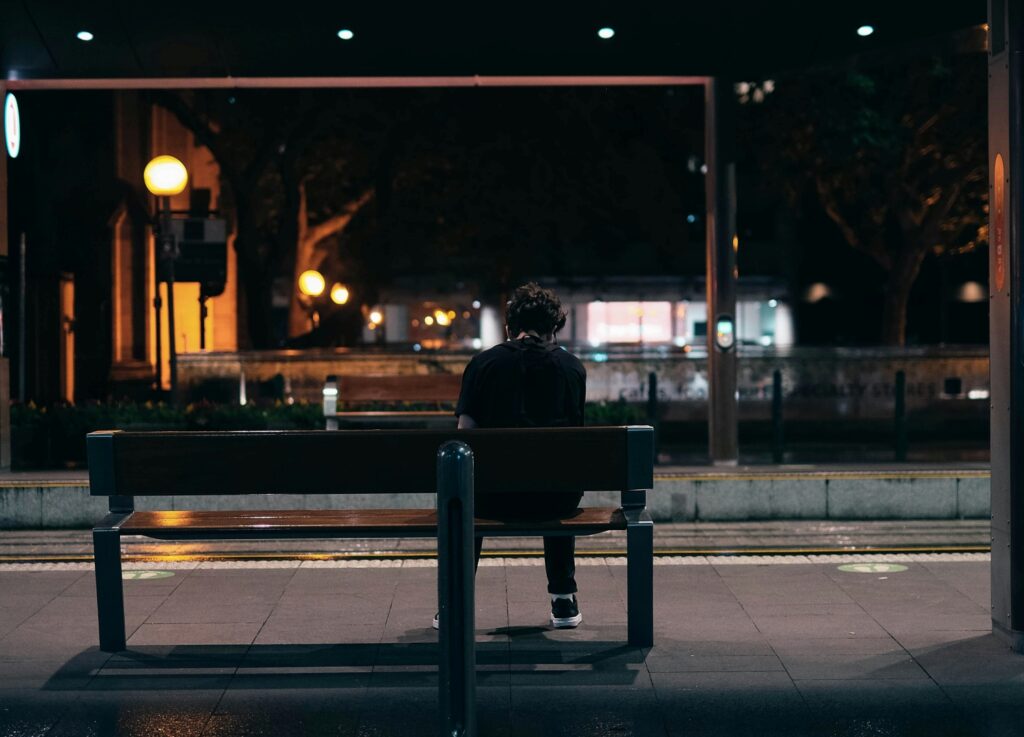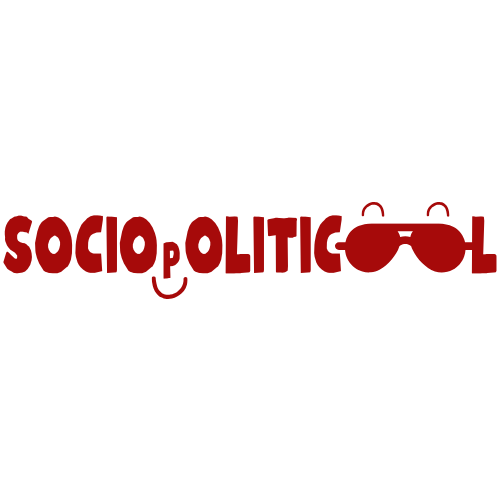Even if you are mentally stable, you will observe mental health stigma around you: If someone dismisses someone’s mental struggles, that is one.
It is about the negative attitudes toward people who suffer from mental health conditions, which makes them feel unheard or misunderstood.
It is a “social” problem because the way communities, governments, and institutions respond to it reflects how deeply it is rooted in culture.
Cultural beliefs shape what a society sees as normal.
I wrote an article back then on A Lover in Disguise, where I said something like, “Did the people insult me because of my issues, or did I have issues because of the people who insulted me?”
And then my verdict was, “My issues worsened because of their insults.” It didn’t matter which came first. What mattered was how they were handled.
Mental Health Stigma Is the Negative Attitudes Toward the Mentally Ill
Mental health stigma refers to the set of discriminatory behaviors directed at people who are struggling with mental illnesses, even the mild ones.
Even if someone has just the mildest form of social anxiety, if others invalidate it, that shows mental health stigma.
Negative attitudes create barriers for those who need help, but they are so ingrained in society that well-meaning people can unconsciously hold them.
Mental Health Stigma Comes in Different Forms
Mental health stigma shows up in different ways depending on who is expressing it and where it happens. It can also be internalized.
Below are the three forms of mental health stigma.

Public Stigma
Public stigma involves public perception, which is influenced by people, institutions, and the media that can promote misinformation.
This creates fear and misunderstanding, causing society to see mental health sufferers as “others” instead of human beings who need help.
If someone is excluded, they lose a sense of belonging and may struggle with low self-esteem or social isolation.
As a result, they are rejected, bullied, and discriminated against. So, they hide their struggles, fearing they will lose friends, jobs, or respect.
Structural Stigma
Structural stigma happens at the level of institutions, laws, and policies. This is more hidden but very powerful, as it limits opportunities systematically.
For example, some workplaces may avoid hiring anyone with a history of mental illness because they assume they can’t handle stress or responsibility.
It is built into systems, so it is harder to fight. They may as well leave.
Internalized Stigma
When a person with mental health struggles believes the negative stereotypes about themselves, that is internalized stigma.
They may think they are weak, broken, or unworthy of help because that is what others say they are. They are vulnerable and thus easily influenced.
This increases the risk of hopelessness and suicidal thoughts. They need encouragement, compassion, and education to overcome their misbeliefs.
How to Recognize Mental Health Stigma
There are common patterns of words, behaviors, and attitudes that clearly reveal mental health stigma. Let us talk about them.
Telling Them They Are Crazy
“You are crazy” has been used for many years to mock people with mental health conditions. It implies that they are not normal because of their “flaw.”
These days, it is thrown around casually, but being called that makes sufferers feel devalued and ashamed. This prevents them from being open about their struggles because they fear being ridiculed.
Imagine someone with depression finally gathering the courage to share their heartbreaking story, only to be told, “You are crazy! That is crazy!”
That shuts down any chance of understanding or support. They will not want to open up ever again. Sadly.
Excluding Them for Being Mentally Ill
People struggling mentally may be left out of social activities, friendships, or opportunities because others don’t know how to deal with them.
Many times, they will not hear anything about being excluded. They will just start to feel that everyone is drifting away. And then they become an outcast.
Saying That Mental Health Issues Are Just Imagination
Mental health issues are not “all in someone’s head” or “just imagination.” It is also not drama, and sufferers are not “being dramatic.”
Mental health issues can start at any age, but they often begin in childhood, adolescence, or early adulthood.
In truth, they are very real, backed by scientific research, and usually caused by chemical imbalances, trauma, or environmental stressors.
Let us not be ignorant.

Negative Effects of Mental Health Stigma
Learn about the negative effects of mental health stigma to avoid being the cause of a person’s worsening mental health condition.
Avoiding Help
Early intervention is critical in mental health, but stigma pushes them to stay silent. “People will not listen after all.”
Some also fear being judged, labeled, or treated differently if they admit they are struggling with their mental health.
Withdrawing From Society
People who suffer from mental health conditions may pull away from friends, family, and community activities because they feel misunderstood.
This withdrawal creates a cycle of loneliness, where the lack of connection makes symptoms worse, and worse symptoms lead to further isolation.
A strong support system is needed for them to improve their condition, but they want to be alone. How can they recover?
Worsening of Mental Health Issues
When stigma pushes people to avoid help and withdraw from society, their mental health problems will get worse.
Over time, they will struggle with physical health problems, too, such as poor sleep, weakened immunity, and heart disease.
Being Discriminated Against
Discrimination can take many forms: being denied a job because of a mental health history, being overlooked for promotions, being bullied in school, etc.
In some cultures, those with mental illness may even be denied marriage opportunities because they are seen as unfit partners. In fact, it is one of the valid reasons for annulment, which is understandable.
The marriage can become stressful if the mental illness is not managed. With support and treatment, it can be healthy.
But this reinforces the idea that they are “less capable” than others, even though many can perform just as well with the right support.
Unaliving Oneself
The most tragic effect of mental health stigma is unaliving oneself. Suicide. Those who suffer may see it as the only escape from their pain.
I have watched countless movies and documentaries involving death, and everyone is shocked whenever someone they know dies by suicide because “they didn’t seem to be struggling.”
The silence is caused by stigma. They couldn’t talk to anyone about their struggles, so they held them in until they couldn’t anymore.
Suicide is now one of the leading causes of death worldwide, especially among young people, which shows how serious the problem is.
Many of these deaths could be prevented if mental health weren’t crazy.

Mental Health Issues Shouldn’t Be Surprising in This Broken World
Are you still shocked that many people struggle with mental health?
The world is stressful and unequal, and we are pressured to succeed because that is how we will be noticed or accepted by many.
We are overworked, underpaid, and carry emotional burdens without enough support, either because it doesn’t exist or we can’t ask for it due to the stigma.
Social media also triggers our insecurities.
Comparison, and the fear of not being good enough. Once we lose our minds, we might engage in cyberbullying.
In such a broken world, it is expected that everyone will struggle with their mental health at some point. You have struggled with it, right?
Don’t discriminate against the mentally unstable or ill because you don’t want others to discriminate against you, too. Sending love!
I decided to open the chat for mental health sufferers.











